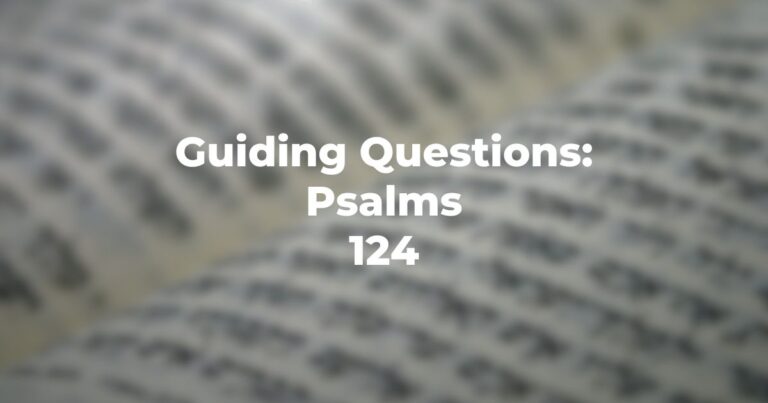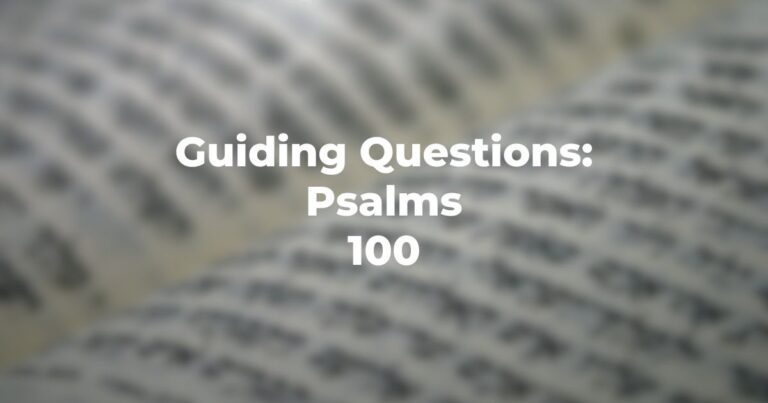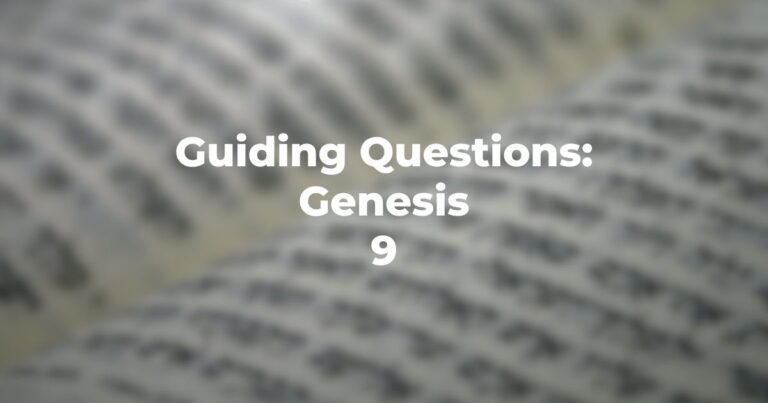- In this chapter is the fulfillment of the mitzvah determined by “how to feel” or “how to think” or, rather, determined by action—what one does?
- In Leviticus 26:3 appears the word “im”—”if”. Does this imply that adherence to Brit legislation is an exercise of will not of predestination or compelled direction? Put otherwise, are the Israelites “free” to go one way or the other?
- But, if the Brit is fulfilled, will it bring good things?
- Are the “good things” material—that is economic security and shalom (understood minimally as the absence of strife and maximally as fulfillment and the ability to successfully withstand attack)?
- Do the “good things” promised include ruling over other peoples, supernatural or unnatural benefits, expectation of benefits in any “other world?”
- Would the Brit giver, then, be identified primarily as the freedom giver (Leviticus 26:13)?
- Is there any specification of the percentages of Israelites who must fulfill the Brit “to bring the good things” or is this left “open?”
- In the various descriptions of Divinity, are the anthropomorphisms (Leviticus 26:17, for example) to be understood in poetic mode?
- Is the Divine described as “capricious” or is there a firm predictability factor, ” publicly announced?”
- If the Brit is violated, that is, not adhering to the mitzvah pattern (Leviticus 26:14) is this violation volitional?
- Negative consequences follow which are the opposite of the good things—and, again, are these “consequences” natural or otherwise?
- In the last analysis, do these negative consequences of Brit violation specify perpetual punishment, destruction, or punishment in another world?
- While not positioned in time, does the essential posture of the Brit maker promise good things—not warranted basically by the Israelites but warranted by the “nature of Divinity” (Leviticus 26:44-45) or are these verses to be understood in some other way?
- The concluding refrain of the Brit kadosh instruction is somber by virtue of listing the consequences of non-mitzvah performance. But, is there always hope?
- In the last analysis, will the Kadosh Barukh Hu ever forget and/or destroy the Brit people according to this statement?
Author
-

Exploring Judaism is the digital home for Conservative/Masorti Judaism, embracing the beauty and complexity of Judaism, and our personal search for meaning, learning, and connecting. Our goal is to create content based on three core framing: Meaning-Making (Why?), Practical Living (How?), and Explainers (What?).
View all posts




